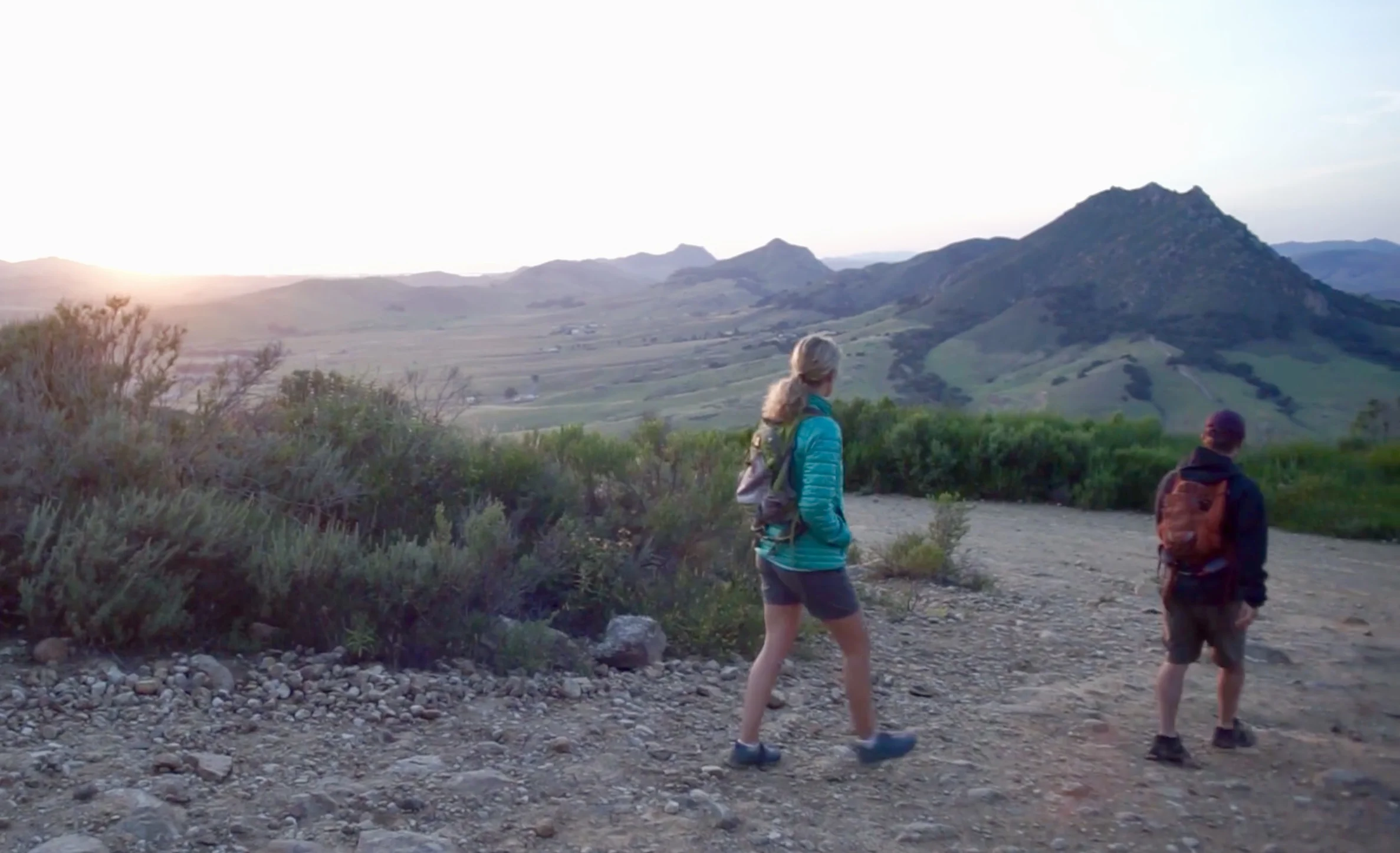I’m a blessed daughter and granddaughter.
I’ve had the privilege to learn from a chronically ill mother how to make the most of life no matter the circumstances. While I would jump at the chance to erase the suffering aggressive Lupus has inflicted on her body for the past 20 years, I wouldn’t change the effect it’s had on her emotions, mind, and spirit. My mother’s deepened understanding of the source of her worth and identity (detached from her pre-illness performance, status, and appearance) has produced a truly joyful and positive woman. And though I would do anything to restore the use of my Papa’s legs after 15 years of watching him handle paralysis and confinement to a wheelchair with grace, I wouldn’t change the impact his trial has had on those around him.
When people find themselves trapped within bodies intent on betraying an appearance of health, prone to genetic diseases, or disabled by the consequences of an accident, their minds and the spirits are forced to adapt and establish a new tolerance for pain, disappointment, anger, and sadness. The nightmare of becoming suddenly unable to execute everyday functions, stripped of some or all basic abilities, takes time to process and often requires a journey through many stages of grief.
So the questions I set out to answer are these:
How can I be authentically empathetic?
How can I emotionally, spiritually, and physically support people who are suffering from a disability or chronic illness?
Anyone who has ever felt heartbreak, pain, joy, excitement, or fear (so all humans) can show authentic empathy towards others. And here's how I've personally found that possible:
1. When we haven’t personally experienced a trial but wish to understand it, we must take the time to ask questions and really listen to the answers.
We have the opportunity to lend an ear and hear what others experience. Their journeys are unique and deserve the same tender acknowledgment that has touched us so deeply during our own seasons of hardship. We must remember the healing comfort that comes when people actively listen.
2. We can’t expect the person suffering to comfort us when we feel the pain of sympathy.
One thing I’ve learned while working at Hallmark’s corporate headquarters, specifically from listening to the African American community discuss emotions about Black History month, is that people trying to process their own pain don’t appreciate being pressured to console others vicariously affected. Outsiders looking in at people’s pain need to rise up as pillars of support, understanding, and stability. Yes, we should recognize and express our own secondary pain. But to expect consolation from the sufferer is insensitive and draining, placing yet another burden on his or her shoulders.
3. We must have the humility to admit when we don’t know how to best support someone suffering and ask for help.
Sometimes we just don’t know what to do or say to comfort someone, especially when we can’t personally relate to the suffering. Instead of assuming we know what’s best and acting in ways that could inadvertently do more damage than good, we should allow hurting people to point us in the right direction. After all, they are the experts and know exactly what they need, be it a listening friend, practical assistance, prayer, or simply a sweet text here and there to check in. By following their lead and humbly asking for guidance, we save time and energy while showing respect. Honoring the sufferer in this way allows him or her the safety to be authentic and the freedom to speak openly.
What I’ve learned from years of observing many people, most importantly my strong mother and Papa, is that those caught in the throngs of a disability need friends to stay connected and supportive, even if all those friends can do is give some time and lend an ear. Taking a step back from people because we don’t know what to do is not a wise route, heaping isolation and bitterness onto already painful situations. If we genuinely care about others, we must do what we can to make them feel seen, heard, and supported no matter what. That is what love looks like.
How can we make a difference? We lean in. Though we yearn to know all the right words and tactics, standing beside each other to lean as one into life’s mixed moments of pain, celebration, loss, and joy is what makes humanity beautiful and brings the deepest kind of healing.




